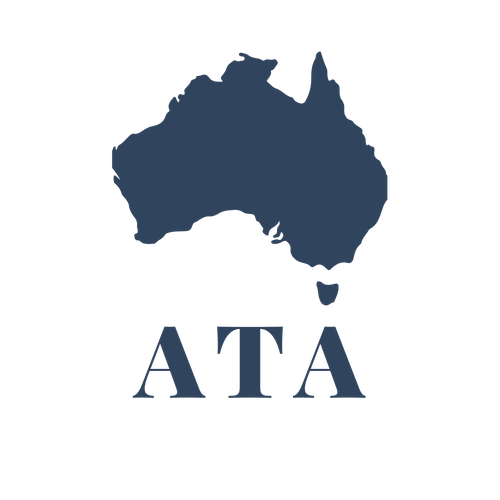Prosecco is just the tip of the EU trade war iceberg
Australia and the European Union are set to deliver a trade deal that could immensely benefit both sides and promote the kind of free trade and opportunity that saw the Western world triumph as the Berlin Wall fell and the forces of authoritarianism were vanquished once and for all. Or were they?
As with any deal, the devil is in the details. And if our government isn’t careful, it could end up trading away the rights and interests of Australian businesses and consumers to placate the whims of Brussels-based bureaucrats and social engineers driven by a combination of nanny state fetishism and, ironically enough, old-fashioned European nativism.
Take the war on Prosecco as just one example. Despite Australian winemakers growing and harvesting prosecco grapes for over a century, Italians now want to effectively own the drink via a geographical indicator — similar to the French, who carved out a special protection for champagne — to protect their country’s prosecco region.
But unlike champagne, which can only be produced from the Champagne region and must adhere to strict production requirements, prosecco refers to both a region of origin and the grapes themselves. Production also permits up to 15 per cent infusion from non-prosecco grape varieties.
For their protectionist bid to work, Italian prosecco makers need to effectively rewrite history. In 2009, they legally renamed the grape variety to “glera” and defined prosecco as simply their wine’s region of origin. “Prosecco” was soon granted geographical indicator protection by the EU.
This scheme quickly paid dividends by undermining the product recognition of prosecco makers in other parts of Europe, and if EU-based lobbyists and bureaucrats have their way, the same ban could take effect in Australia, causing immense damage to our prosecco makers and their workers.
The pinch is already being felt, with Japan banning Australians from exporting products under the prosecco name. And Italians have applied for similar bans in India, New Zealand, Malaysia and China.
This article appeared in The Spectator on 15 August 2019.
